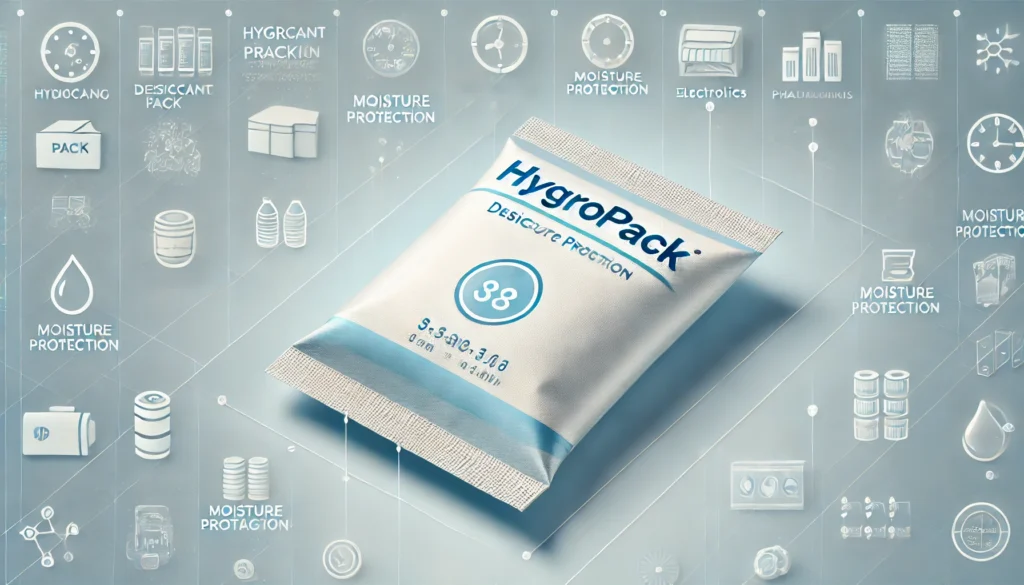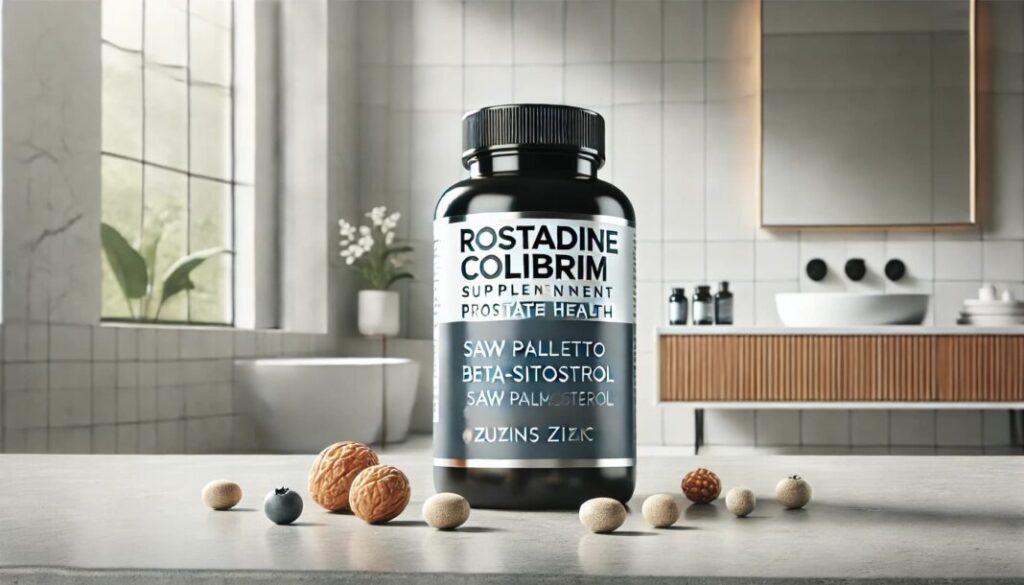In today’s world, where product freshness and quality are paramount, packaging plays a crucial role. Among various solutions for preserving product integrity, Hygropack stands out as a leading name in moisture control packaging. From pharmaceuticals to electronics and food items, Hygropack has earned trust across multiple industries. But what exactly is Hygropack, and why is it so important? Let’s explore.
What Is Hygropack?
Hygropack is a brand or product category that typically refers to moisture-absorbing solutions—usually in the form of desiccant sachets or humidity control packs. These packs are designed to regulate moisture levels inside packaging to prevent damage caused by humidity, such as mold growth, corrosion, or spoilage.
The term “Hygropack” can also refer to companies that manufacture these products, offering a wide range of customized moisture control packaging solutions depending on the needs of their clients.
Why Moisture Control Matters
Moisture might seem harmless, but it can be a silent destroyer for many goods. For example:
-
In electronics, moisture can lead to short circuits or corrosion.
-
In pharmaceuticals, it may affect chemical stability, rendering medicines ineffective.
-
In food items, excess humidity can cause spoilage, mold, and loss of texture or flavor.
-
In clothing or leather goods, moisture can result in mildew or musty odors.
This is where Hygropack desiccant solutions come into play. By absorbing excess moisture, these packs keep products safe during storage and shipping.
Types of Hygropack Products
Hygropack solutions are not one-size-fits-all. Different industries require specific types of desiccants, and companies often offer multiple forms, such as:
1. Silica Gel Desiccants
Silica gel is perhaps the most common type of desiccant used in Hygropack products. It’s safe, highly absorbent, and available in different colors (blue, orange, white) depending on whether it includes moisture indicators.
2. Clay Desiccants
A natural and environmentally friendly option, clay desiccants are used in less extreme environments. They are cost-effective and ideal for short-term protection.
3. Molecular Sieves
Used in highly sensitive applications such as electronics or aerospace, molecular sieves absorb moisture more aggressively and are effective at very low humidity levels.
4. Humidity Control Packs
Unlike traditional desiccants, these packs both absorb and release moisture, maintaining a constant humidity level. These are ideal for items like cigars, musical instruments, or artwork.
Industries That Rely on Hygropack
The scope of Hygropack is broad, and its applications extend across several critical industries:
Pharmaceuticals and Healthcare
Humidity can compromise the efficacy of tablets, capsules, and diagnostic kits. Desiccant sachets in medicine bottles or blister packs ensure drug stability and shelf life.
Electronics and Optics
Even a small amount of moisture can lead to oxidation or circuit failure. Hygropack protects sensitive components like microchips, cameras, and sensors during storage and transport.
Food and Beverage
Items like dried fruits, spices, or snacks can go stale quickly when exposed to moisture. Hygropack products are often used in food-grade, non-toxic forms.
Industrial Goods and Machinery
Metals and machines are vulnerable to rust and corrosion. Desiccant packs in machinery packaging prevent moisture build-up, especially during overseas shipping.
Fashion and Leather Products
To avoid mold, odor, or mildew, shoes, bags, and clothing often come packaged with Hygropack moisture absorbers.
Advantages of Using Hygropack
1. Product Longevity
By controlling the environment within the packaging, Hygropack extends the usable life of products.
2. Cost Savings
Preventing damage means fewer returns, fewer replacements, and better customer satisfaction.
3. Versatility
Available in many shapes, sizes, and absorbent materials, Hygropack solutions cater to diverse requirements.
4. Compliance and Safety
For sensitive industries like pharma and food, Hygropack offers FDA-approved, non-toxic, and dust-free options, meeting regulatory standards.
Sustainability and Eco-Friendliness
Modern consumers and businesses are increasingly eco-conscious. Many Hygropack manufacturers now offer biodegradable and recyclable desiccant solutions. Using natural clays, paper packaging, or plant-based materials, they ensure environmental safety without compromising performance.
Additionally, reusable humidity control packs are also gaining popularity—especially in applications like musical instruments or camera gear.
How to Use Hygropack Effectively
While Hygropack products are easy to use, maximizing their effectiveness involves a few key steps:
-
Correct Sizing: Ensure the desiccant quantity matches the size of the container and the moisture sensitivity of the product.
-
Proper Sealing: Moisture absorbers work best in sealed environments. Always use airtight containers or packaging.
-
Check Indicators: Some packs change color when saturated—replace them as needed to maintain protection.
-
Storage Before Use: Store unused Hygropacks in airtight bags to prevent them from absorbing moisture prematurely.
Conclusion: Small Pack, Big Impact
In the grand scheme of packaging, a small sachet may seem insignificant—but Hygropack proves otherwise. These humble moisture-absorbing packs prevent spoilage, maintain product integrity, and save costs. With industries becoming more global and products being shipped across continents, reliable moisture control has never been more important.
Whether you are a business owner shipping sensitive goods or a consumer looking to preserve quality at home, Hygropack offers a simple yet powerful solution. In an increasingly humid world, this little pack might just be the hero you never noticed.


